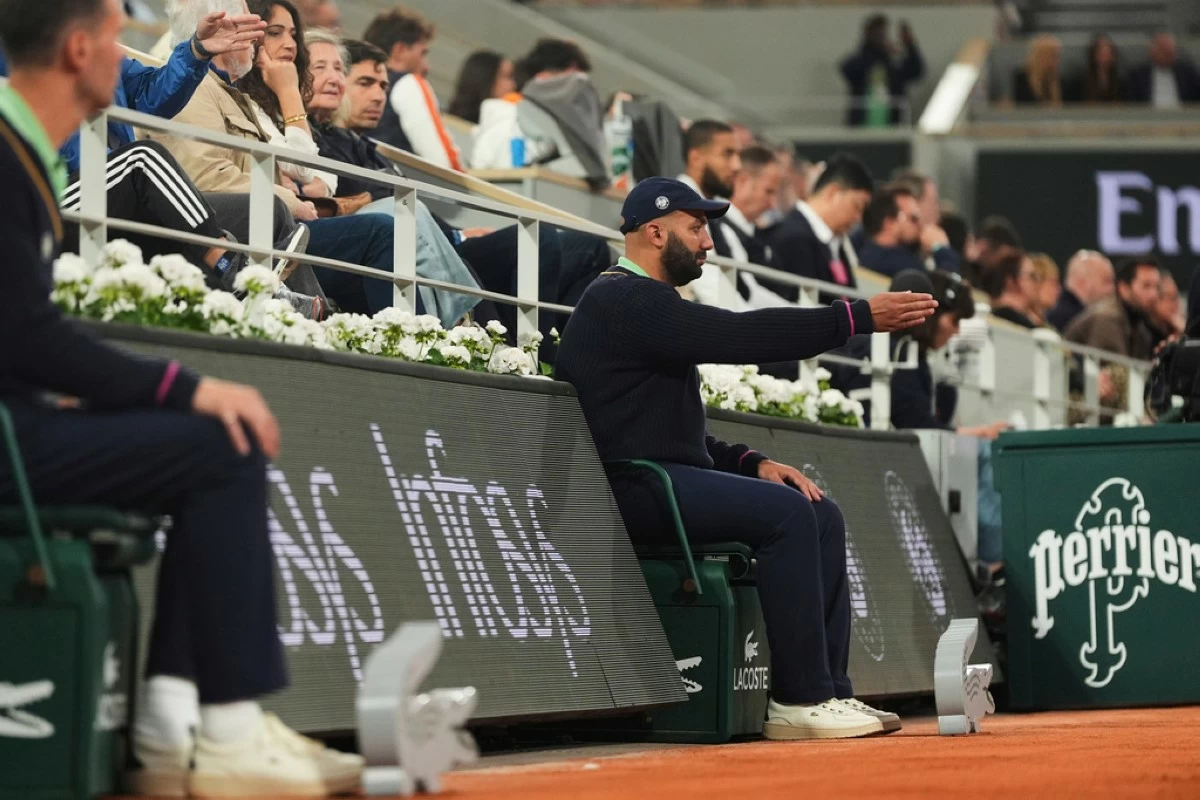Djokovic Slams French Open's Sticking to Line Judges: 'A Mistake'?

PARIS – Novak Djokovic has voiced his strong disagreement with the French Open’s decision to continue using human line judges instead of electronic line-calling technology, a system widely adopted at other major tennis tournaments. The world number one believes this reliance on human judgment is a mistake and potentially detrimental to the fairness and accuracy of the competition.
The French Open’s adherence to tradition has long been a point of discussion within the tennis world. While some appreciate the classic feel and the role of line judges in the sport's history, many, including Djokovic, argue that the potential for human error outweighs any nostalgic appeal. Electronic line-calling systems, such as Hawk-Eye, provide instantaneous and precise rulings, eliminating ambiguity and controversy surrounding close calls.
“I think it’s a mistake,” Djokovic stated bluntly after his recent match. “Most of the other tournaments use it, and it’s proven to be very accurate. Why not here? I understand the history and tradition, but in this day and age, with the technology available, I don’t see a reason not to implement it.”
The debate isn't new. For years, players have occasionally questioned the consistency of line calls at Roland Garros, with some expressing frustration over missed calls that significantly impacted match outcomes. While line judges are experienced professionals, they are still subject to fatigue, bias (conscious or unconscious), and simply the limitations of human perception, especially at high speeds.
The impact of these missed calls can be substantial. A single incorrect call can shift momentum, alter a player's strategy, and ultimately influence the result of a match. Djokovic’s concerns are particularly relevant given his own history of facing controversial calls at the French Open.
The French Tennis Federation (FFT), the governing body of the tournament, has consistently defended its decision, citing concerns about cost, disruption to the flow of the game, and a desire to preserve the unique atmosphere of Roland Garros. However, the cost of Hawk-Eye technology has decreased significantly in recent years, and many argue that the benefits of enhanced accuracy outweigh any potential drawbacks.
Djokovic isn’t alone in his view. Several other top players have echoed his sentiments, albeit perhaps less directly, suggesting that the time has come for the French Open to embrace technology and ensure the highest possible level of fairness for all competitors. The ongoing discussion highlights the tension between tradition and innovation in a sport constantly evolving to meet the demands of the modern era.
The question remains: will the French Open finally succumb to the pressure and adopt electronic line-calling, or will it continue to cling to its traditional approach, potentially sacrificing accuracy for the sake of preserving a bygone era? Only time will tell, but Djokovic's outspoken criticism has undoubtedly reignited the debate and put the FFT under increased scrutiny.






